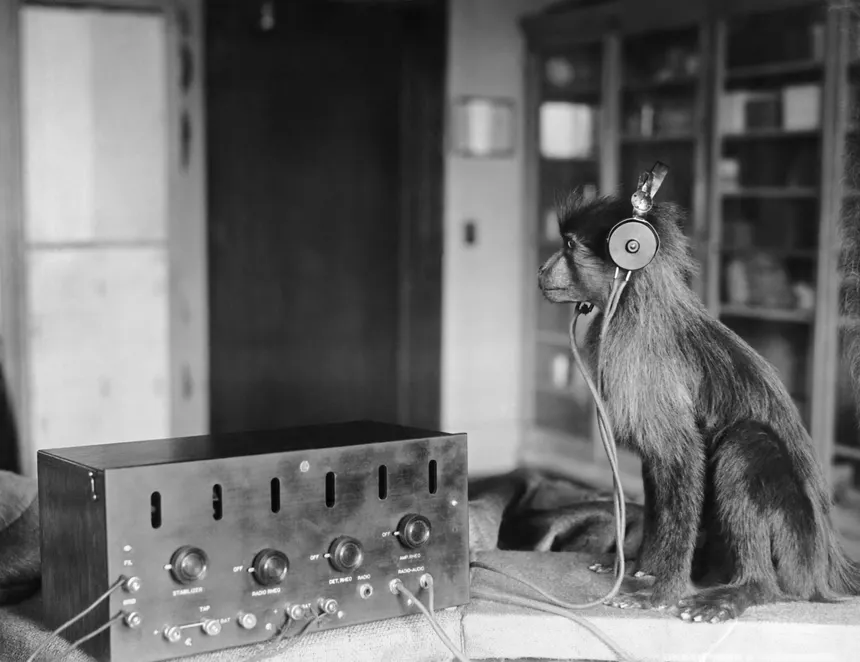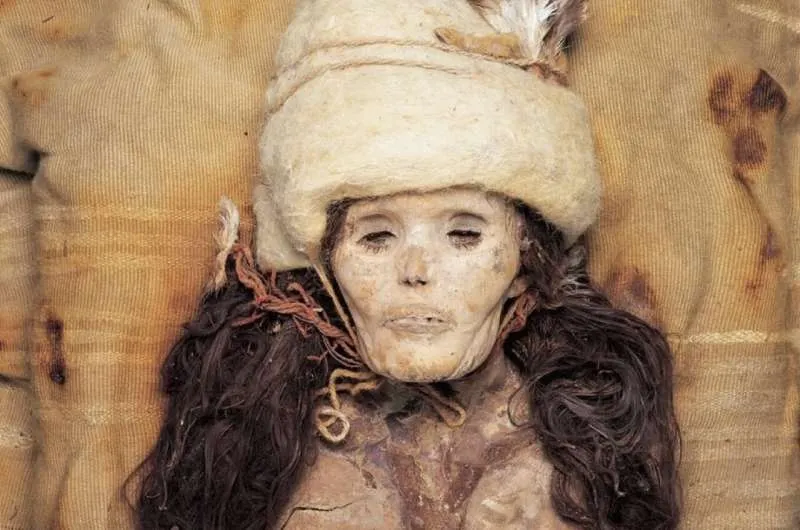“The First Modern Olympics: Athens 1896 and the Birth of a Global Sporting Era”
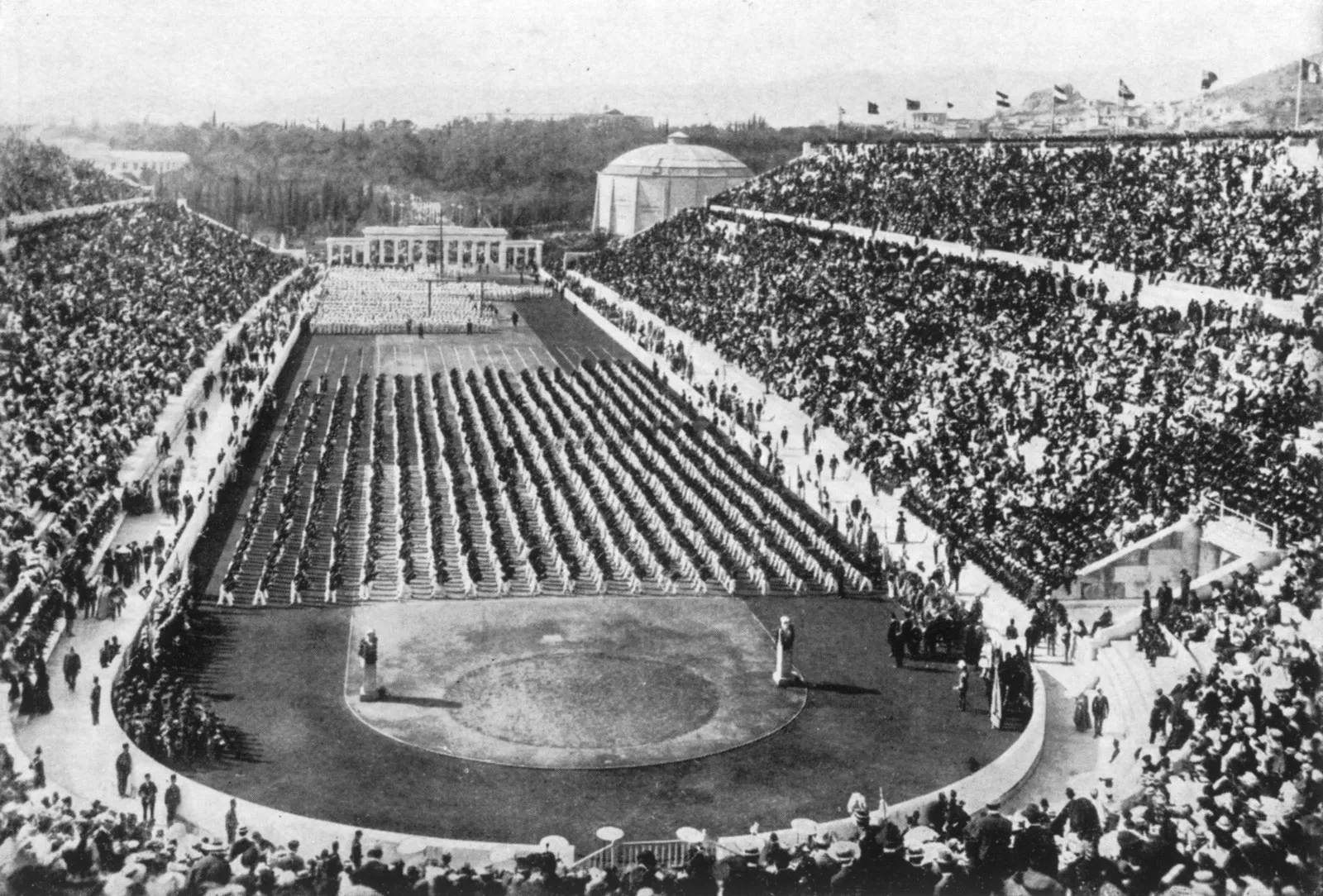
The 1896 Olympic Games in Athens, Greece, marked the rebirth of the ancient Olympic spirit in a modern form. After more than 1,500 years since the original games were abolished, the modern Olympic Games were established under the vision of Baron Pierre de Coubertin, a French educator and historian. With modest beginnings but great symbolic power, the Athens 1896 Olympics became the foundation of a global sporting movement that would go on to influence international relations, sports, and culture for over a century.
The Origins of the Modern Olympics
Inspired by the ideals of ancient Greece and influenced by contemporary interest in physical education and international unity, Pierre de Coubertin proposed reviving the Olympic Games at a congress in Paris in 1894. With support from various European nations and Greek philanthropists, the International Olympic Committee (IOC) was formed, and Athens—the cradle of the ancient Olympics—was chosen to host the first modern edition.
Despite initial concerns about Greece’s financial and political instability, the games were organized with strong national pride and popular support. Wealthy benefactor Evangelos Zappas and the Greek royal family were instrumental in funding the event.
The Athens 1896 Olympic Games: Key Facts
- Dates: April 6 to April 15, 1896
- Participants: Around 241 athletes from 14 nations
- Events: 43 events across 9 sports
- No women participated, as Coubertin believed the Games were for men only.
- The competitions were held in venues like the Panathenaic Stadium, a marvel of marble construction and a symbolic link to the ancient past.
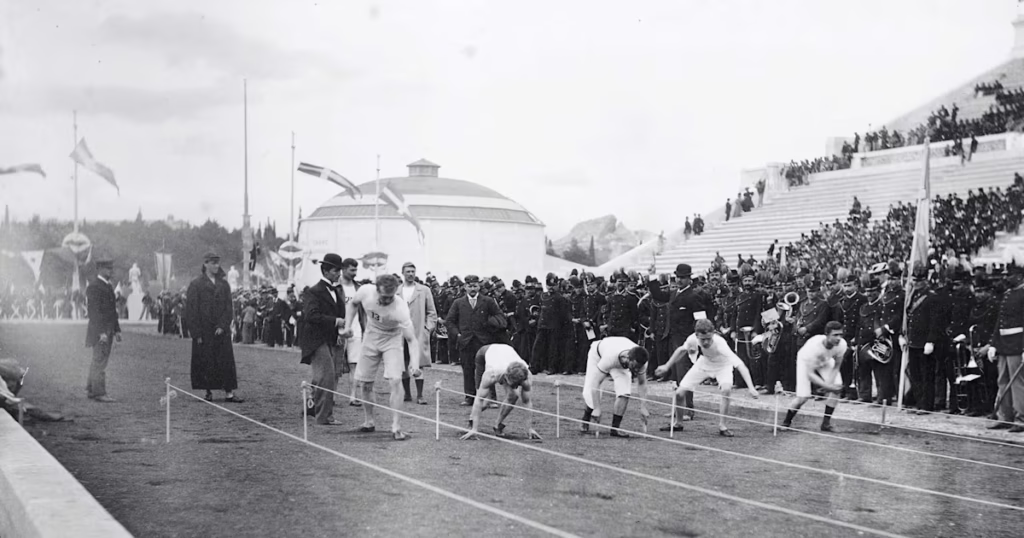
The Sports and Events
The sports featured were mostly drawn from classical and contemporary European disciplines:
- Athletics (Track and Field) – The centerpiece of the Games, held in the Panathenaic Stadium.
- Gymnastics
- Wrestling (Greco-Roman)
- Weightlifting
- Cycling
- Swimming
- Fencing
- Shooting
- Tennis
One of the most iconic events introduced was the marathon, inspired by the ancient Greek legend of the messenger Pheidippides who ran from Marathon to Athens to announce victory over the Persians.
Notable Moments and Athletes
- Spyridon “Spyros” Louis, a Greek water-carrier, won the marathon, becoming a national hero and securing Greek pride in the Games.
- James Connolly (USA) became the first Olympic champion of the modern era, winning the triple jump.
- Carl Schuhmann (Germany) won medals in gymnastics and also competed in wrestling and weightlifting, exemplifying the all-around athlete ideal.
- The swimming events were held in the cold waters of the Bay of Zea without lanes or starting blocks.
International Participation
Though small by today’s standards, the international representation was significant:
- Major participants included Greece, Germany, France, Great Britain, Hungary, and the USA.
- Most athletes were either individually invited or part of athletic clubs—no formal national teams existed at the time.
- Greek athletes dominated in terms of numbers and crowd support.
The Closing Ceremony and Legacy
The Games closed on April 15 with much fanfare. Greek royalty presented the winners with silver medals (gold medals were only introduced in 1904), olive branches, and diplomas.
Despite modest participation, the Games were considered a resounding success, reinvigorating the Olympic ideal. The Greek people hoped to host the event permanently, but Coubertin insisted on rotating host cities to reflect global unity.
Legacy of the 1896 Olympics
- The Olympic Movement was born, with the IOC continuing to organize the Games every four years (except during World Wars).
- The Panathenaic Stadium became a lasting symbol of the revival.
- Athletes from this event were remembered as pioneers of global sport.
- The Olympic motto, values of fair play, and the international brotherhood of sport found their foundation here.
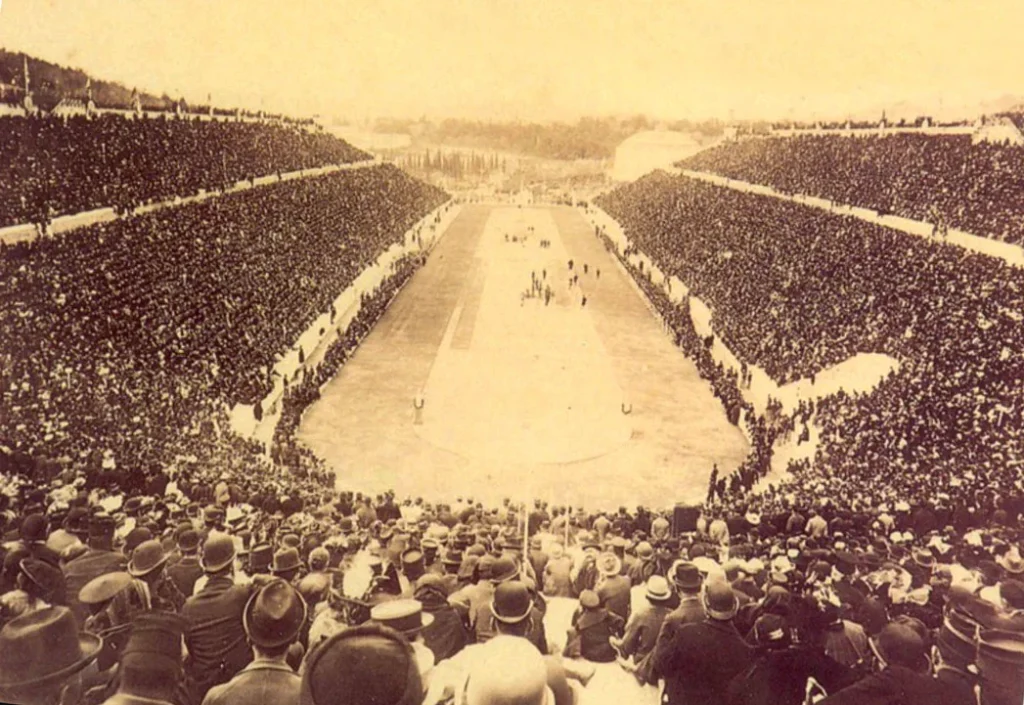
Conclusion
The 1896 Olympic Games in Athens were far more than a sporting competition—they were a symbolic reunion of past and present, of nations coming together in peace through sport. Though smaller in scale, these Games set the tone for what would become the world’s premier international sporting event, influencing generations and transforming sports into a vehicle for diplomacy, unity, and excellence.




